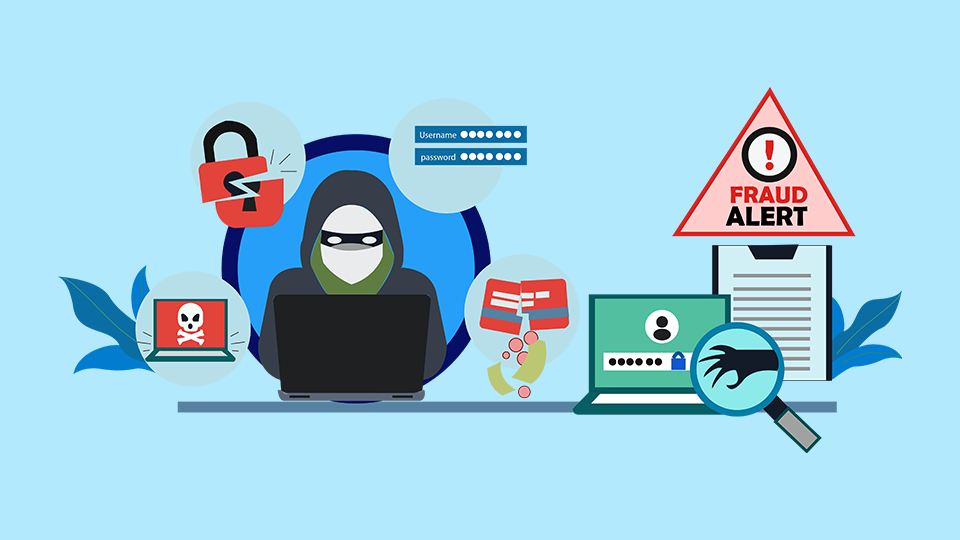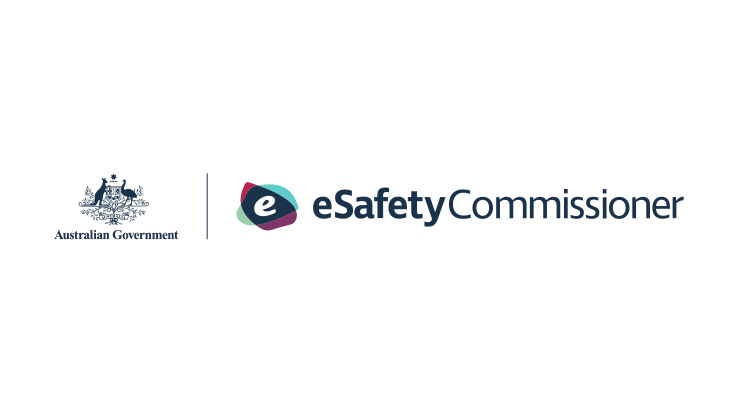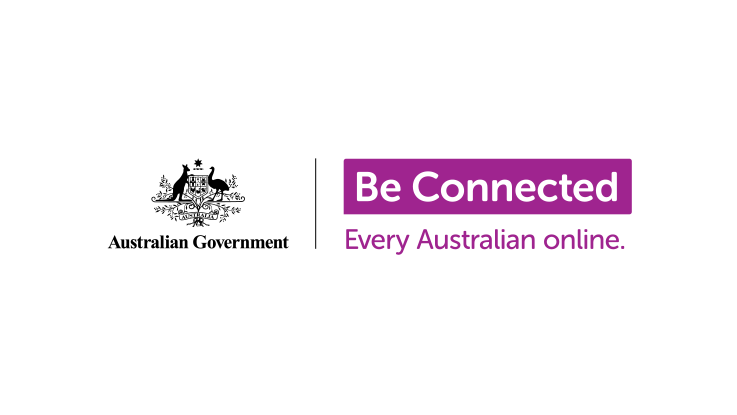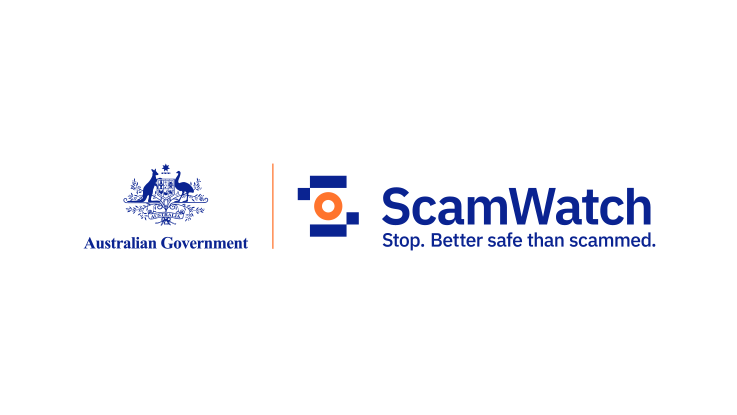Avoiding online scams
Key takeaways
- A scam is when someone tricks you into giving them your personal or financial information.
- Never share your personal or banking details with people you don’t know. Scammers often pretend to be real organisations to steal your information.
- Be careful with unexpected messages or calls that offer prizes, investments, or donations. Scammers often use these tricks.
- If you think you've found a scam, report it and don’t respond or engage with the scammer.

Being connected to the internet is essential in this digital world, but there are also some risks.
Scammers online and on the phone can be very convincing so it's important to look out for warning signs.
Here are three resources where you can learn about common scams and tricks online:
Top tips from Scam Watch
Tips
- Scammers often pretend to be trusted organisations such as the government, banks, energy or telecommunications companies.
- Beware of requests for your details or money. Never send money, personal or financial details, or copies of identity documents to anyone you don’t know or trust.
- Never click on hyperlinks or open attachments in suspicious emails or text messages. Verify the contact.
- Don’t respond to phone calls about your computer asking for remote access – hang up. (Unless you specifically requested tech support assistance prior to the call)
- Be wary of unusual payment requests such as pre-loaded debit or gift cards, up-front wire transfers or virtual currency such as Bitcoin.
- Verify any changes to bank account details by directly calling the individual or business you are dealing with using trusted contact details.
- If an offer seems too good to be true, it probably is.
What to do if you have been scammed?
Things to do
- If you’ve sent money or banking details to a scammer, contact your financial institution immediately. They may be able to stop a transaction, or close your account if the scammer has your account details.
- If you’ve given your Tax File Number or superannuation details to a scammer, contact the ATO and your superannuation fund immediately.
- If you're unsure if you've been scammed, stop sending money. Scammers will keep asking for more money until you stop.
- You can also report scams and seek more help on the Scam Watch website.
Translated information about scams
Services Australia offers translated information on scams and how to protect yourself. To read this information in your language, please visit: Services Australia - Beware of scams
End of article






